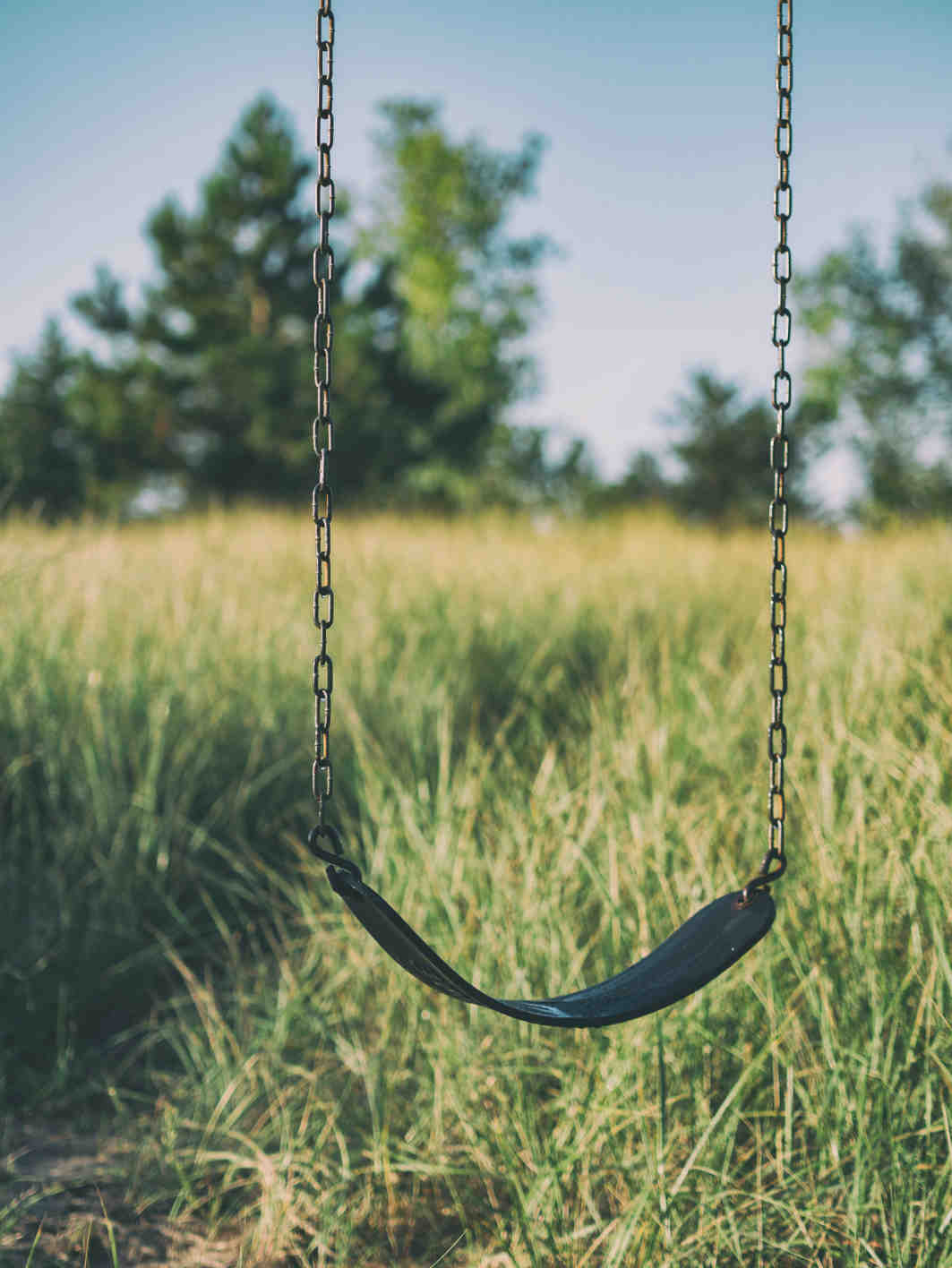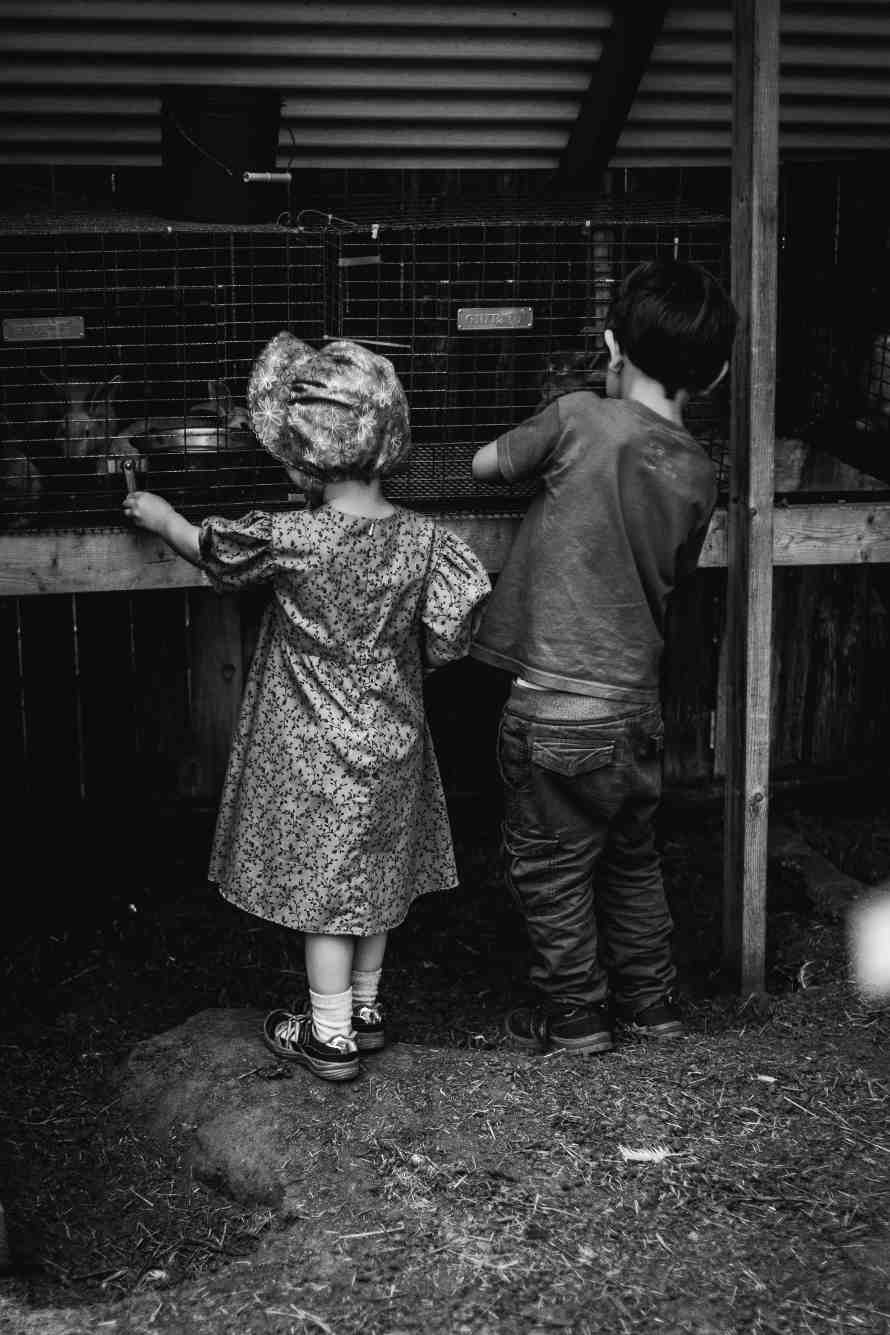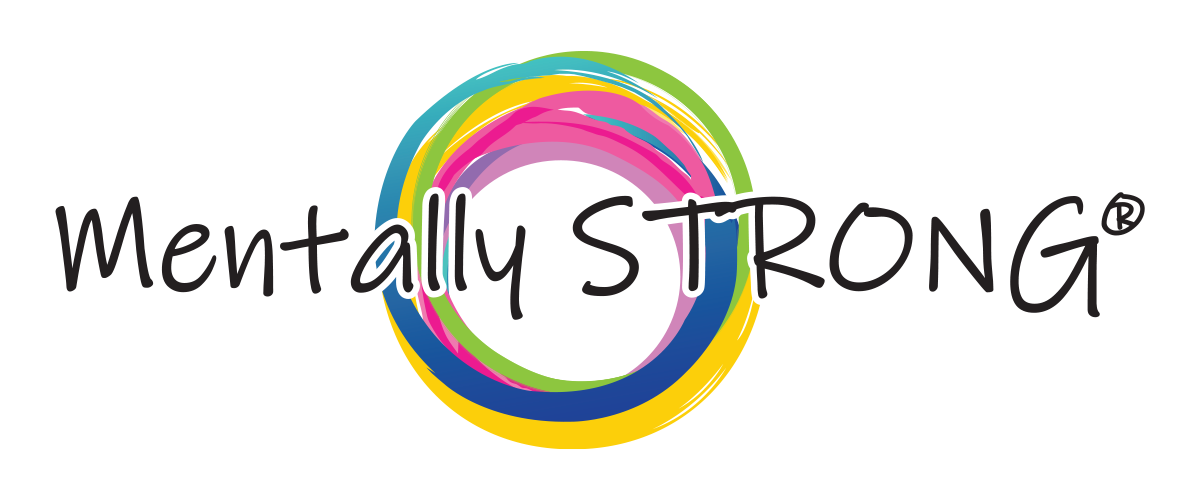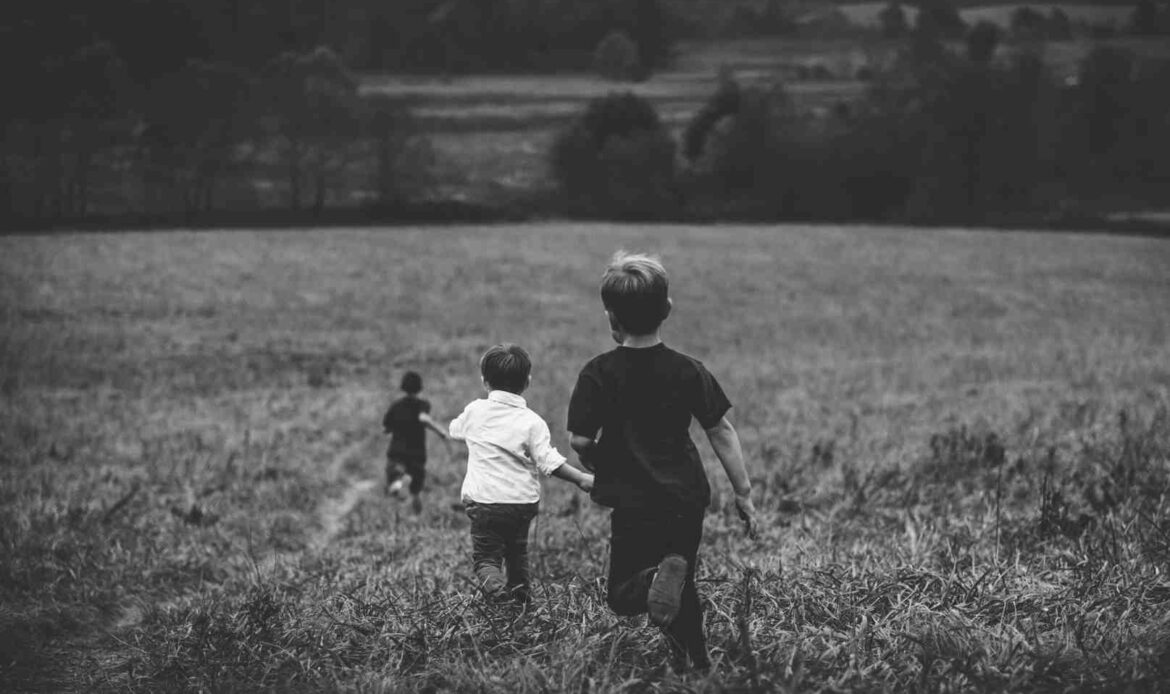If you’ve ever sat in a quiet room trying to piece together your early years and come up empty, you’re not alone. Maybe someone asks about your childhood and you freeze, maybe you scroll through old photos and feel like you’re looking at someone else’s life, or maybe you remember little fragments that don’t make sense.
And maybe, just maybe, you’ve asked yourself: Why can’t I remember my childhood?
This question goes beyond memory. It makes us think about our identity, who we are, and where we really came from. It’s surprising when other people talk about their childhood in vivid detail, and it hurts because you feel like you’ve been robbed of the same experience.
It’s not surprising then, that we jump to the worst conclusions. You’ve probably heard that lack of memory is a sign of trauma, and maybe that’s why you’re reading.
Here’s the good news: memory is complex, and not remembering doesn’t automatically mean something terrible happened. But it can mean something important did, and that’s worth looking at. Let’s look at four reasons why you can’t remember your childhood.
It Might Be Normal
Before we assume anything dramatic, let’s zoom out.
Do you remember what you ate for dinner last Tuesday? or which street exactly is your friend’s house in? If you’ve ever forgotten literally anything, then you already know that memory isn’t a perfect system. Think about it more like a filter than a filing cabinet. Now imagine a very old filter… because that’s where childhood memories are.
Childhood amnesia happens to everyone
Here’s something weird and true: most of us can’t remember anything from before the age of 3 or 4, and even then, the memories are foggy at best. This is called childhood amnesia, and that’s just a feature of the human experience.
Little brains are under construction. Your memory system (particularly the hippocampus) is still developing in early childhood, and that makes long-term memory storage a bit like trying to write a novel on a whiteboard during a rainstorm. The words don’t stick, and if they do — they are often warped.
Young brains aren’t built to store everything
The way we experience the world as kids is fast, emotional, and mostly sensory. We remember the feeling of being tucked into bed, the smell of the kitchen, the tone of our parent’s voice more than what was said. So even if you had a pretty stable, loving childhood, you might only retain moments and impressions, not necessarily a clear narrative.
Ordinary memories fade faster than emotional ones
Let’s try something again. Can you tell me exactly what happened 23 days ago? Chances are that you can only remember it if something out of the ordinary happened, and even then, it would be difficult to remember exactly when it happened.
Emotional memories (especially the intense ones) tend to get encoded deeper. So it makes sense that the ordinary, uneventful days of childhood wouldn’t stick. But it also means that if big chunks are missing entirely, or if you remember mostly fear or chaos… your brain may have done some protective editing.
And that leads us to the next piece.
It Might Be Emotional
If your childhood memories are not just blurry but missing, or if you feel more like a witness to your life than a participant in it… that might not be “just how memory works.” It might be your nervous system trying to protect you.
Because sometimes, forgetting is an act of survival; a coping mechanism wrapped in amnesia.
Psst. Struggling with bad coping mechanisms? Here’s a read on maladaptive behavior.
…
And if you’re asking yourself why all of this feels so heavy, understanding yourself better can help you untangle the confusion without judgment.
Childhood trauma can block memories
Your body and brain are built to keep you safe, especially when you’re small and powerless. If something overwhelming happened (and especially if it happened repeatedly), your brain might’ve hit the emergency shut-off switch on memory.
This is how dissociation can work: you mentally check out, because being fully in the moment would be too much. And over time? You don’t even know what you’re not remembering — you just feel a kind of blank space where your childhood should be.
So if you think back to your childhood and just have a bad feeling in place of actual memories, it’s worth exploring. At the Mentally STRONG Clinic, we have a team of brilliant therapists trained to uncover traumas you might not remember. Get an appointment today.
Emotional neglect leaves invisible gaps

Some of the most profound emotional wounds come from what didn’t happen, like the comfort that wasn’t offered, the presence that wasn’t there, and the validation that never came.
Emotional neglect can be so quiet, you might not even call it trauma.
Little humans need love, care, co-regulation, and attention to wire their emotional world. Without that, the memories that form tend to feel disconnected… like watching a movie of someone else’s life with no sound.
And here’s the kicker: neglect doesn’t always have to come from cruelty. Sometimes it can come from our caregivers being overwhelmed, distracted, depressed, or even just emotionally immature.
Survival mode changes how memories are made
If your whole childhood felt like walking on eggshells, always scanning for the next explosion or shutdown, you were probably living in survival mode.
And survival mode is terrible for memory-making. When your brain is focused on “What do I need to do to stay safe?” it doesn’t pause to say, “Let’s savor this moment for later.”
If you were thrown into a tornado, what memory would you have of that? You would probably not remember the exact landscape, the colors, the things you heard. You would probably just remember panic and fear.
That’s what it feels like.
It Might Be Mental Health
Not remembering childhood memories has to be rooted in what happened in childhood, right?
Not necessarily. Your current mental state can absolutely interfere with how you access your past. It’s like trying to watch home videos through a fogged-up lens: the footage is still there, but you can’t quite bring it into focus.
Depression and anxiety impact memory
Let’s start with the classics.
Depression can narrow your access to memory. Your brain gets sluggish, you have problems focusing, and everything that isn’t immediate starts to feel far away or not worth the energy to recall.
Anxiety, on the other hand, hijacks your thoughts and fixates them on what might go wrong next. When your brain is constantly scanning for danger, it doesn’t slow down to retrieve memories that aren’t immediately useful.
So if you feel like your brain is full but you can’t access anything meaningful? That’s not a flaw. It’s the neurological equivalent of too many tabs open, and nothing actually loading.
Suspect you might be suffering from anxiety or depression? Get help here.
PTSD can suppress early memories

If something truly overwhelming happened (whether you’ve named it or not) your brain may have decided to tuck it away in a backroom marked “DO NOT ENTER.”
We think of post-traumatic stress and imagine war zones or headline-worthy horror. Truth is, it can come from a bad car accident, a sick parent, years of bullying, or even one single moment that felt world-ending to a child.
So if you think you remember too little, suspect your memory has blank spots, and have a childhood you “can’t really describe”, there could be something deeper at play.
Chronic stress reshapes what we remember
Now, let’s talk about the long haul.
If your childhood wasn’t filled with a single traumatic event but instead was a steady drip of chaos, pressure, or unpredictability… that’s chronic stress. And chronic stress changes how your brain develops.
Over time, your memory center (the hippocampus) can shrink. Your brain believes that staying present is dangerous, so your body adapts to stress by learning not to dwell, not to record, and not to reminisce.
It Might Be Cognitive
Sometimes, the reason you don’t remember your childhood has less to do with trauma or stress… and more to do with how the brain naturally reorganizes itself.
Normal forgetting vs memory issues
Here’s the deal: you are constantly forgetting things. We all are. It’s how your brain makes room.
You don’t remember every sandwich you’ve ever eaten, right? That’s because your brain decided it wasn’t crucial info. So unless your peanut butter sandwich was paired with a wasp sting or a marriage proposal, it probably got tossed in the mental recycling bin.
The same goes for childhood. If your early years were mostly ordinary (consistent routines, not a ton of high-stakes emotion) you may not recall much.
But if you’re forgetting everything or struggling to hold onto recent memories too, that might be a sign it’s time to check in with a professional.
When to check for cognitive concerns
There are a few signs that your memory issues might be more than stress or age or “just how I’ve always been.” For example:
- You frequently forget big things: like important conversations, family events, or how you got from one place to another.
- You have gaps in memory that feel unnerving, like watching someone else’s life from the outside.
- Friends and family point out your memory struggles more than you realize.
This doesn’t automatically mean something serious is wrong. But it does mean it’s worth investigating, especially with the help of a mental health or neuropsychological professional who can rule out cognitive disorders or offer a more accurate picture of what’s going on. Schedule an appointment today.
Growing up means pruning memories
As you age, your brain gets a Marie Kondo moment, a chance to prune, refine, and rewire. The stuff that doesn’t spark relevance gets reorganized or tossed. Especially if your identity as an adult is dramatically different from who you were as a child.
So if you’re building a life that’s safer, more stable, more you than the one you had growing up? Your brain might be cleaning house, simply because your present matters more than your childhood memories.
How to Reconnect with Your Past
If you’re craving some sense of continuity because you don’t remember your childhood, here’s some things you can do to start reconnecting with younger you.
Talk to family members
This can be the easiest and the hardest place to begin. Your family members (especially the older ones) remember stories and events from your childhood that you’ve long forgotten.
So give them the space to share what they know with you, start with open questions like:
“What was I like as a kid?”
“What do you remember about our home?”
“Did anything happen that I might not remember clearly?”
And it’s okay if you don’t discover some big truths about yourself. Even mundane memories (like your favorite cereal or bedtime rituals) can unlock deeper parts of yourself and help you connect with the younger version of you.
And if your family is the source of your pain? You’re allowed to protect your peace and still seek understanding.
Revisit old journals and keepsakes

Ever chanced upon a box of old school records and feel this overwhelming sense of familiarity? Boxes of scribbled notes, childhood drawings, birthday cards all hold emotional fingerprints. Even a single entry or a crayon-colored self-portrait can crack open a part of you that’s been asleep.
You don’t have to come out with remembering things, it’s enough to just feel your childhood too.
Reach out to childhood friends
Ever had someone say, “Remember when we…” and you absolutely didn’t — until suddenly you did?
Old friends, classmates, and neighbours can often remember parts of your story that slipped through your mental cracks. And reconnecting with them (if safe and appropriate) can be powerful, even if just to hear, “Yeah, that happened to me too.”
Try gentle memory exercises
Sometimes your brain just needs a little nudging. Try:
- Smelling scents from childhood (baby powder, crayons, certain foods)
- Listening to songs from your early years
- Flipping through old photo albums
- Walking around neighborhoods or schools you once knew
If any of those stir something in you, you can deepen the process with self-exploration tools that help you process what comes up… even if it’s vague, emotional, or hard to put into words.
A next step, if you’re ready
So, why can’t you remember your childhood? As it turns out, there are a few pretty valid reasons and hopefully walking through them helped you feel a little more understood. And if some part of you is starting to wonder what else might be buried under the surface, that’s not a bad place to be.
At the Mentally STRONG Clinic, we offer the kind of care that helps you reconnect with the parts of your story that feel fuzzy or just too painful to access alone.

